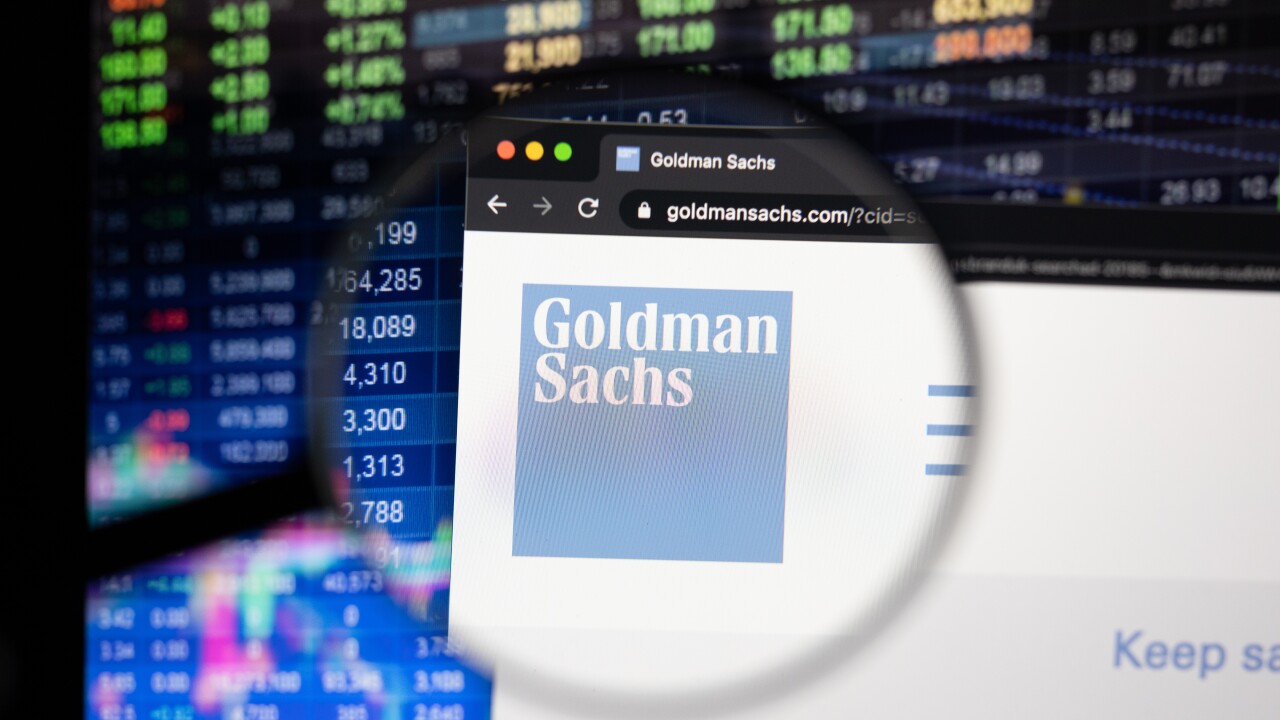After three years of savings, top U.S. banks could face an increased tax bill of as much as $11 billion a year if President-elect Joe Biden moves forward with corporate rate hikes he campaigned on.
That would follow $42 billion of savings by the six biggest banks thanks to outgoing President Trump’s 2017 tax cuts, which have boosted their bottom line by more than 10% over the past three years.
While the tax hike — which is probable, though not assured, given Democrats’ narrow control of Congress — would hurt bank earnings, other measures taken by the incoming administration could help counter the increase. Further fiscal stimulus to boost an economic recovery, causing borrowing costs to rise slightly, would be a positive for banks weighed down by historically narrow interest rate margins.
“A tax increase would be a very concrete negative for banks,” said Mike Mayo, an analyst at Wells Fargo. “But you have to think of low interest rates as an implicit tax on banks, and that’s much bigger than the impact of potential tax-rate hikes. So anything that pushes rates up is good for banks.”
Banks benefited more than other industries from

A representative for Biden’s transition team didn’t immediately respond to a request for comment. Biden has said he likely won’t pursue tax increases until 2022 at the earliest given the ongoing pandemic and economic fallout.
This week’s Georgia runoff elections gave Democrats half the Senate’s 100 seats, meaning the vice president would have to break a tie. While 60 votes are ordinarily needed to pass legislation, Biden could turn to the budget reconciliation process, which Republicans used to pass Trump’s tax law. Democrats also lost House seats in November’s election, narrowing their margin of control there.
“Given the razor-thin margins in the House and Senate, centrist Democrats will be the ones with the leverage and will dictate what will happen on taxes and other legislative efforts,” said Brian Gardner, Stifel Financial’s chief Washington policy strategist. “Biden can’t get to 28%, but maybe to 24% to 25%, if he can get the centrists to go along with a hike at all.”
The six biggest banks are on track to save $10 billion on their 2020 tax bill, based on analysts’ estimates for fourth-quarter earnings. Firms start reporting results for the period on Jan. 15. Their savings will be lower for 2020 than in previous years because their profits were cut by surging provisions for bad loans as the pandemic hurt the economy. This year, pretax income for the group is expected to rise by 36%, according to estimates compiled by Bloomberg. Next year, they could fully recover ground lost during the pandemic, some analysts estimate.
“Banks were among the biggest beneficiaries of the corporate tax cut,” said Jason Goldberg, an analyst at Barclays. “And higher rates will cut into their profit, just like it would for other U.S.-based companies. But, at the end of the day, the most important thing for banks is the health of the economy.”
Goldberg, Mayo and others see rising interest rates as the best hope for improved bank earnings. As short-term rates hover near zero, banks’
“If Democrats’ control of Congress can translate to more fiscal stimulus, it will drive some inflation and help the net interest margins pick up,” said Jeff Harte, an analyst at Piper Sandler. “The low interest rate environment hurts banks bad.”





